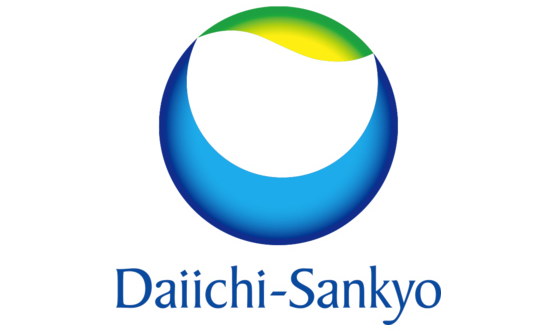Daiichi Sankyo

Daiichi Sankyo is a pharmaceutical holding company based in Japan that provides products and services in more than 50 countries. One of its medications, the blood pressure treatment Benicar, is currently at the center of large products liability litigation in the U.S.
Daiichi Sankyo History
Daiichi Sankyo was created in 2005, the result of a merger between Sankyo and Daiichi Pharmaceutical. Both of those firms were established over 100 years ago. Founded in 1899, Sankyo Shoten launched the digestive enzyme Taka-Diastase that same year. It went on to introduce Adrenaline, an adrenal cortex hormone agent, in 1902. Six years later, the company opened a manufacturing plant in Shinagawa, Japan.
In 1910, future Sankyo scientific adviser, Dr. Umetaro Suzuki, became the first to discover vitamin B1 (Orizanin) in rice bran and established a foundation for the theory of vitamins. Three years later, Sankyo Shoten was redubbed Sankyo Co., Ltd.
In 1915, Dr. Katsuzaemon Keimatsu and five others founded Arsemin Shokai, and introduced Arsemin, an antisyphilitic agent. The company would follow-up with Neo-Arsemin the following year. In 1918, Arsemin Shokai changed its name to Daiichi Pharmaceutical Co., Ltd. The company would go on to manufacture asthma medicine and sulfa drugs.
Following WWII, both Sankyo and Daiichi were listed on the Tokyo Stock Exchange in 1949. From the 1950s through the 1970s, Sankyo manufactured the first antibiotic produced in Japan, a vitamin B compound and Krestin, an anti-cancer drug. The company also introduced Zantac, a popular heartburn medication, in 1984 and the first statin drug in 1989 (Mevalotin). Sankyo would launch Benicar in 2002. Daiichi would go on to launch the tuberculosis medication, Iscotin, an antiplasmin medication and a treatment for ulcers.
In 2005, the two companies established a joint holding company. Daiichi Sankyo Co., Ltd. officially began operating in April 2007. In the ensuing years, the holding company has introduced Effient, an antiplatelet agent, the flu vaccine, Inavir, and a treatment of Alzheimer’s disease called Memary. Daiichi Sankyo also markets Nexium, a popular acid reflux drug, in partnership with AstraZeneca.
Product Safety Controversies
In recent years, Daiichi Sankyo has faced safety controversies involving two of its products, Benicar and Nexium. Currently, the company is named a defendant in hundreds of Benicar lawsuits involving the drug’s alleged association with severe gastrointestinal side effects
In 2016, several studies were published that linked long-term use of Nexium and other proton pump inhibitors to chronic kidney disease and renal failure. Other research has suggested that this popular class of heart burn drugs might be associated with an increased risk of dementia and heart attacks when used for an extended period of time.
- Daiichi Sankyo (N.D.) “ History” http://www.daiichisankyo.com/about_us/who_we_are/history/index.html
- FDA (July 2013). FDA approves label changes to include intestinal problems (sprue-like enteropathy) linked to blood pressure medicine olmesartan medoxomil. Retrieved from: http://www.fda.gov/Drugs/DrugSafety/ucm359477.htm
- PLOS One (2015) “Proton Pump Inhibitor Usage and the Risk of Myocardial Infarction in the General Population” http://journals.plos.org/plosone/article?id=10.1371/journal.pone.0124653
- JAMA: Internal Medicine (2016) “Proton Pump Inhibitor Use and the Risk of Chronic Kidney Disease” http://archinte.jamanetwork.com/article.aspx?articleid=2481157
Get the latest news and litigation updates about this case by following us on Facebook. Click the "Like" button below.
Follow Us


